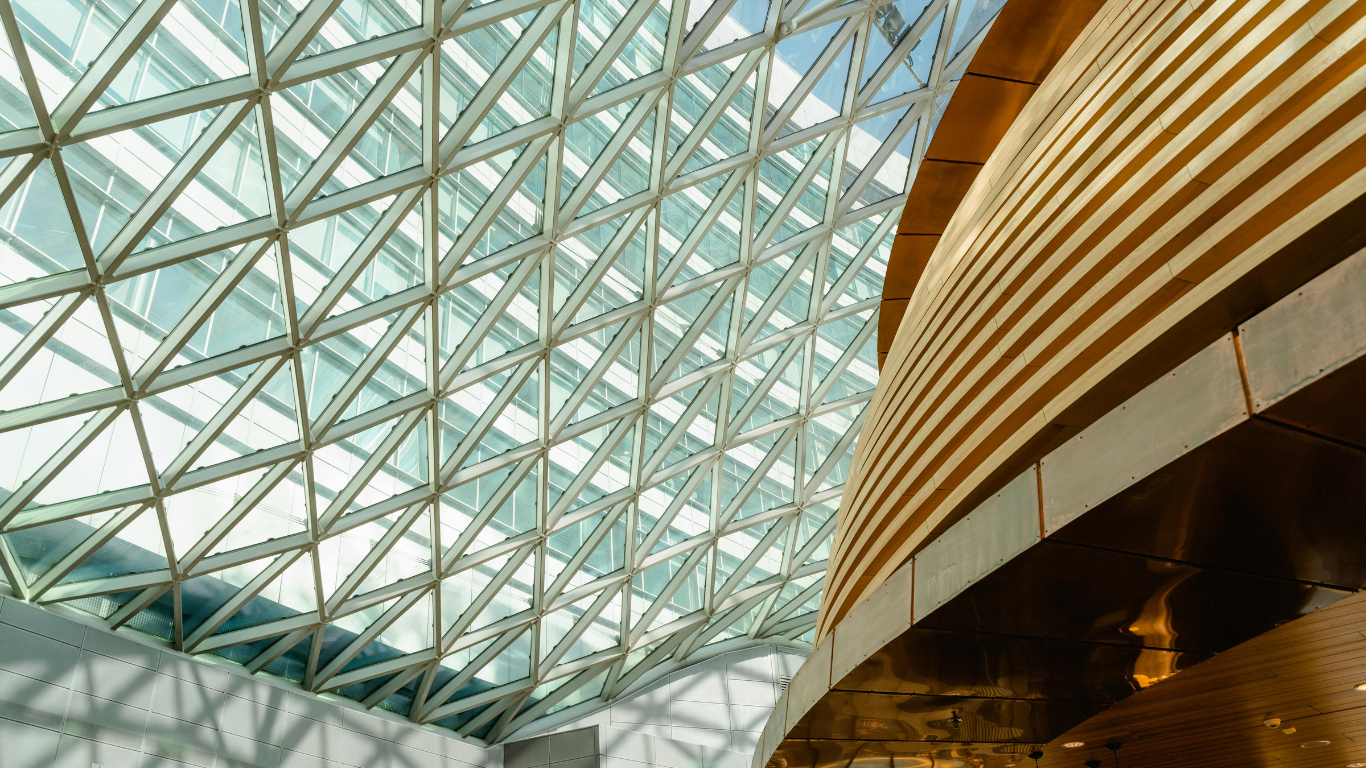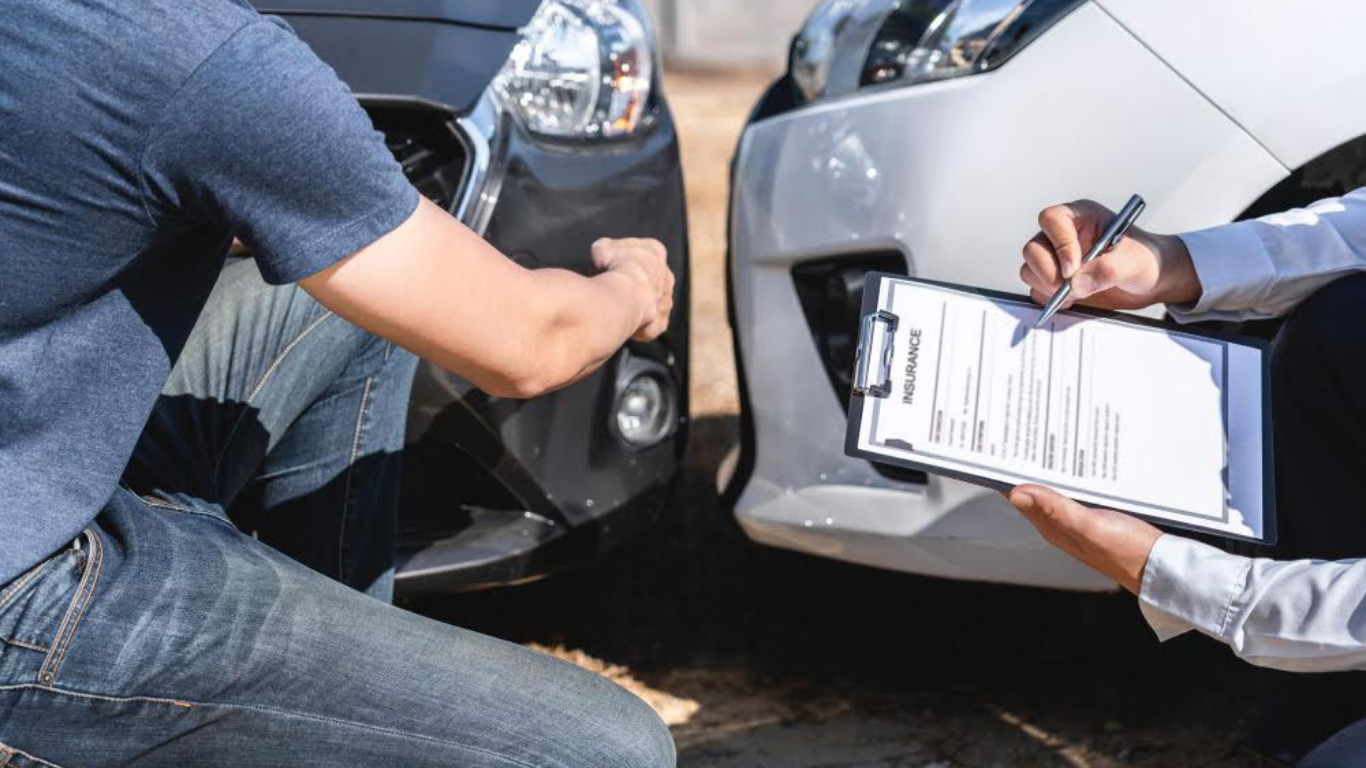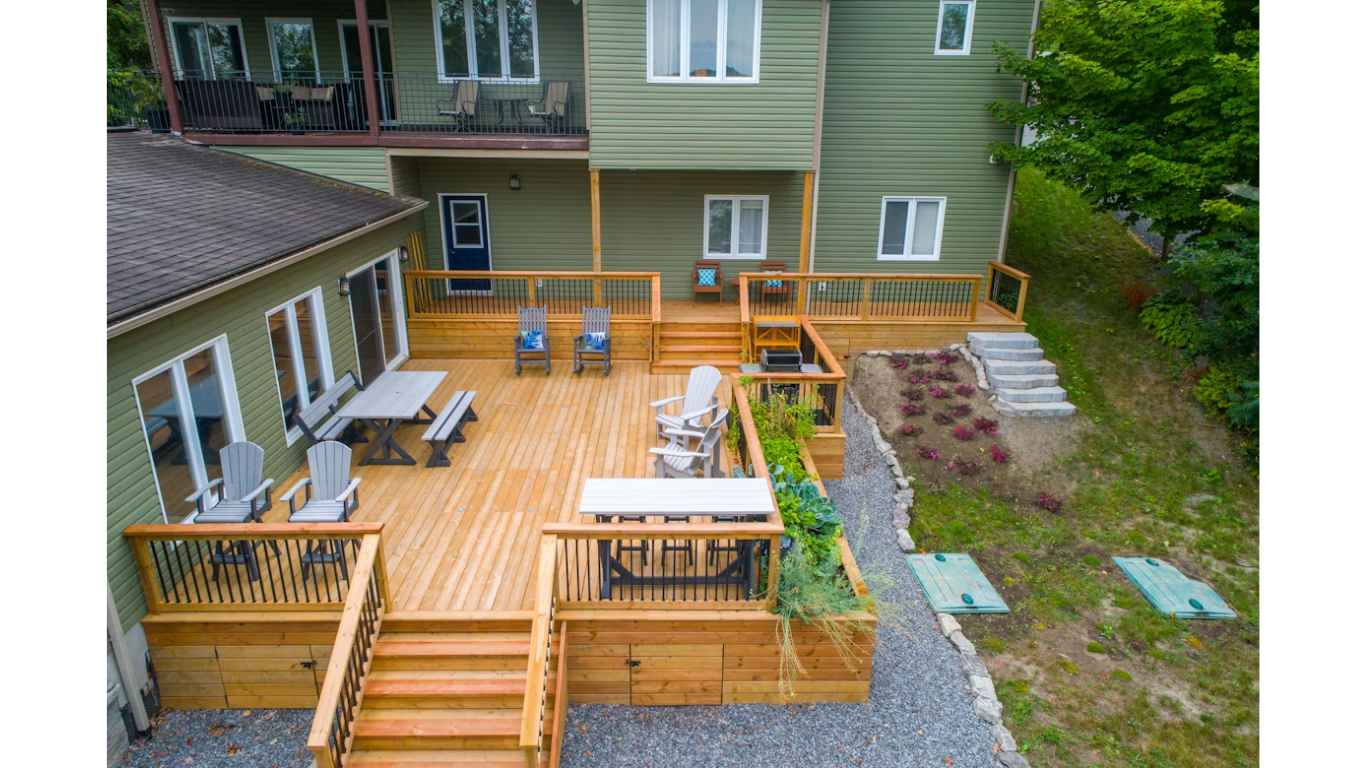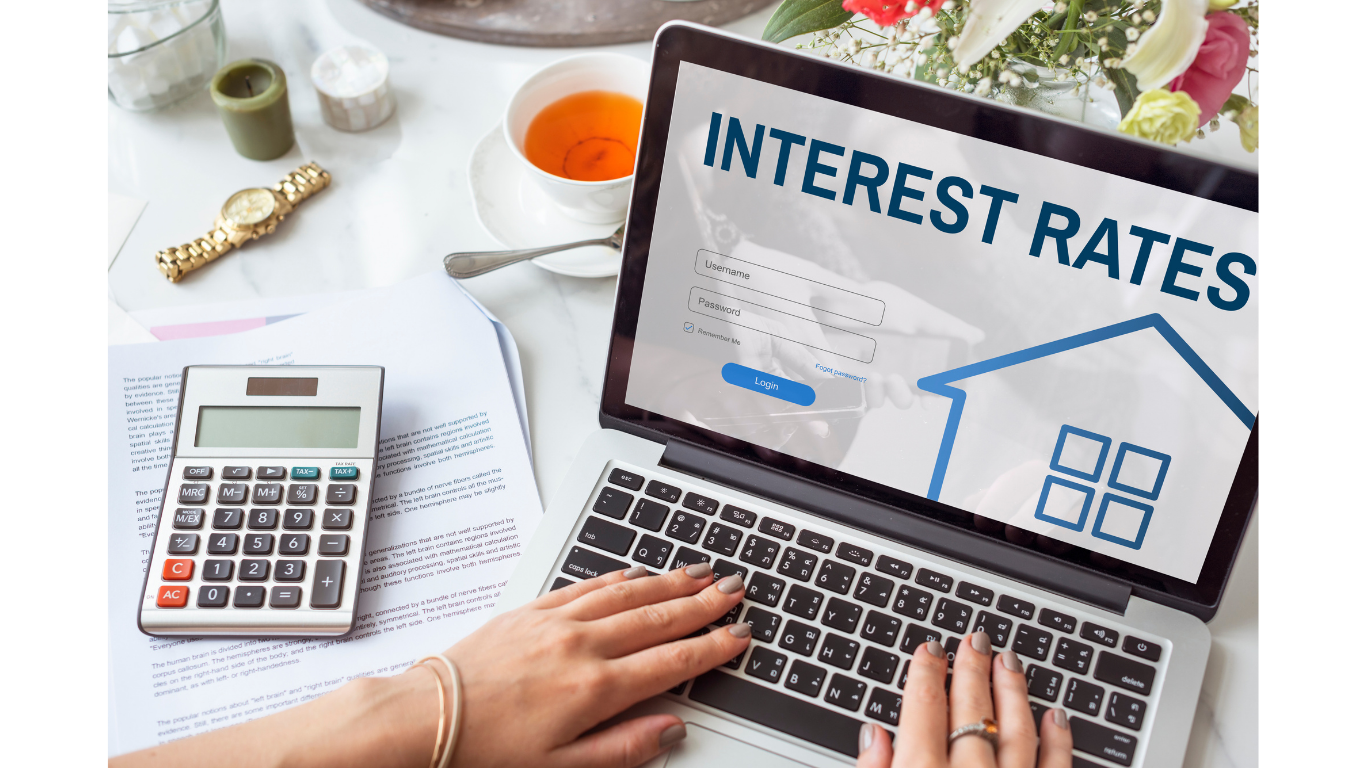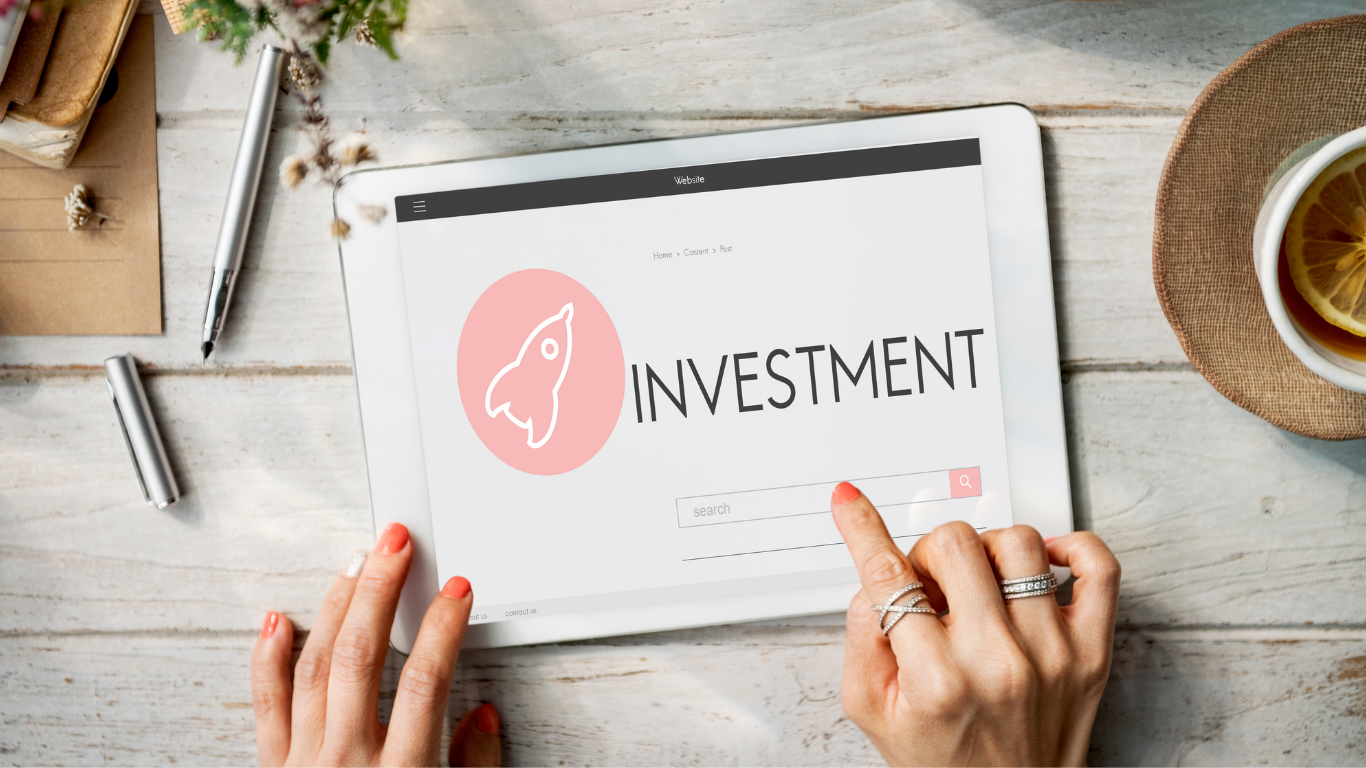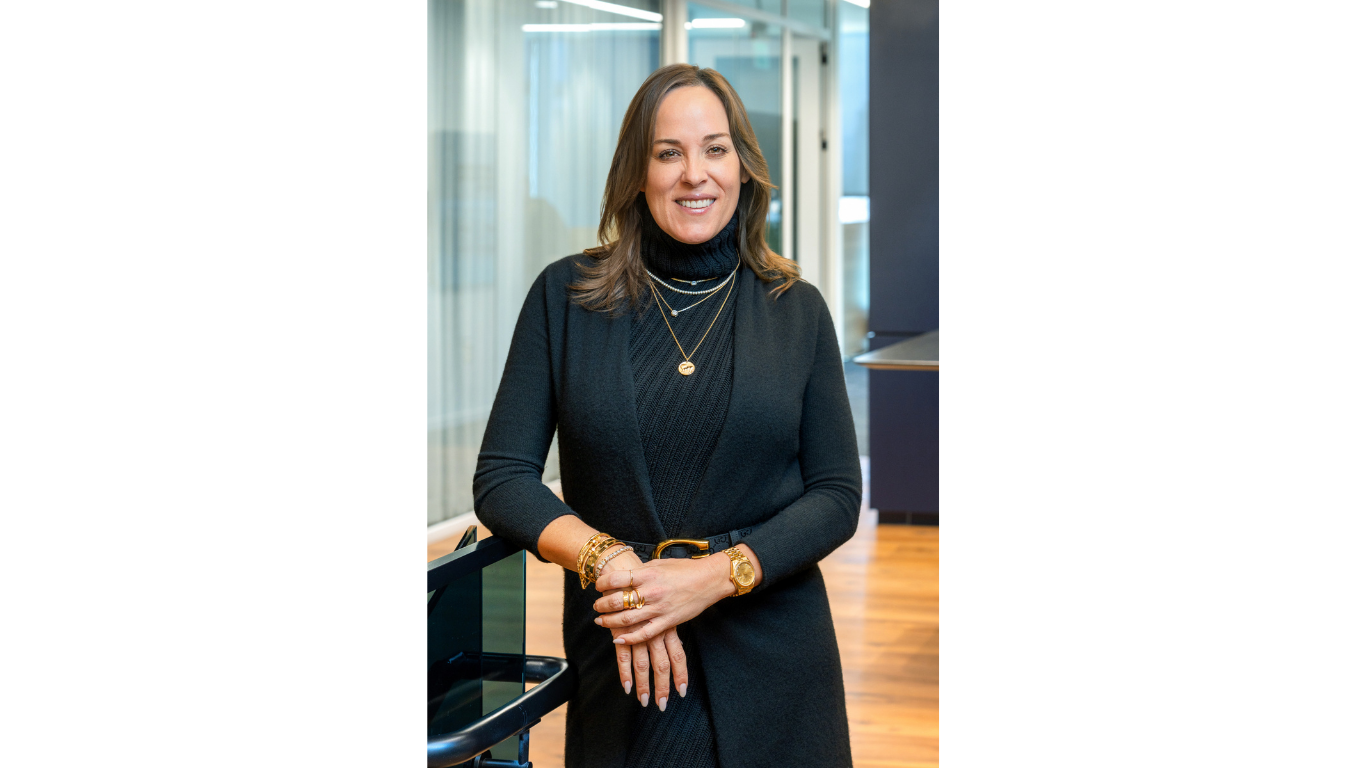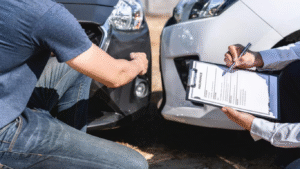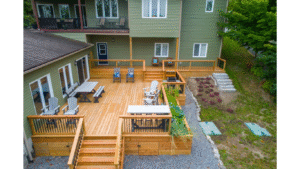Roof maintenance is often overlooked by business owners until an issue arises. The value of preventive maintenance cannot be overstated. Properly maintaining a roof ensures long-term durability and can save significant costs associated with unexpected repairs. A well-maintained roof protects the interior of a building, enhances energy efficiency, and can even improve a business’s aesthetic appeal. Preventive maintenance involves routine inspections, timely repairs, and proactive measures to prevent minor issues from escalating into major expenses.
The Importance of Regular Inspections
Regular inspections are the cornerstone of effective roof maintenance. By scheduling routine assessments, businesses can identify potential issues early on. Inspections should focus on areas prone to wear and tear, such as flashings, seams, and drainage systems. A particular emphasis should be placed on identifying signs of water damage or structural weaknesses. Research shows that the majority of roof failures can be attributed to a lack of regular maintenance. Proactive inspections can significantly extend the lifespan of a roof.
Business owners often underestimate the impact of neglecting these inspections, not realizing that a small leak can evolve into a costly repair job. Frequent inspections support the roofs’ warranty stipulations and help catch issues before they violate the terms of coverage. When partnering with a reliable commercial roofing company, businesses can rest assured knowing their roofs receive deserved attention. Regular inspections protect your investment and give you lasting peace of mind.
Cost-Effective Measures
Investing in preventive maintenance is a cost-effective strategy for businesses. While some may see it as an unnecessary expense, the reality is that routine care minimizes future costs. The financial repercussions of a neglected roof can be substantial, as unexpected leaks and damages often lead to expensive repairs and lost operational time. By spending a fraction of what emergency repairs would cost on ongoing maintenance, businesses can protect their budgets more effectively.
Preventive maintenance can lead to energy savings, as a well-maintained roof supports better insulation and temperature regulation. This results in lower heating and cooling costs over time, further enhancing the cost-benefit ratio of regular inspections and repairs.
Enhanced Building Lifespan
Well-maintained roofs tend to last significantly longer than neglected ones. Implementing a preventive maintenance plan extends the lifespan and improves building value. A solid, well-cared-for roof can increase a building’s resale value, making a property more attractive to potential buyers.
Inspection routines should evaluate all components of the roofing system, ensuring each section is functioning optimally. Programs that involve periodic cleanings and checks can act as insurance against large-scale problems. When businesses prioritize roof maintenance, they show a commitment to their property’s integrity. This conscious effort attracts tenants or clients who appreciate working within a well-maintained environment.
Warranty Protection
Many roofing systems come with warranties that require routine maintenance to remain valid. A detailed preventive maintenance schedule aligns with warranty stipulations, enabling businesses to fulfill their obligations. Should a roof fail prematurely due to neglect, the manufacturer may deny coverage, leaving the business with hefty repair bills.
Keeping detailed logs of inspections and repairs conducted strengthens warranty claims. Clear documentation can serve as evidence of adherence to maintenance protocols, supporting claims if issues arise. Investing time in preventive maintenance ensures that financial assets are protected while benefiting the building’s structure over time.
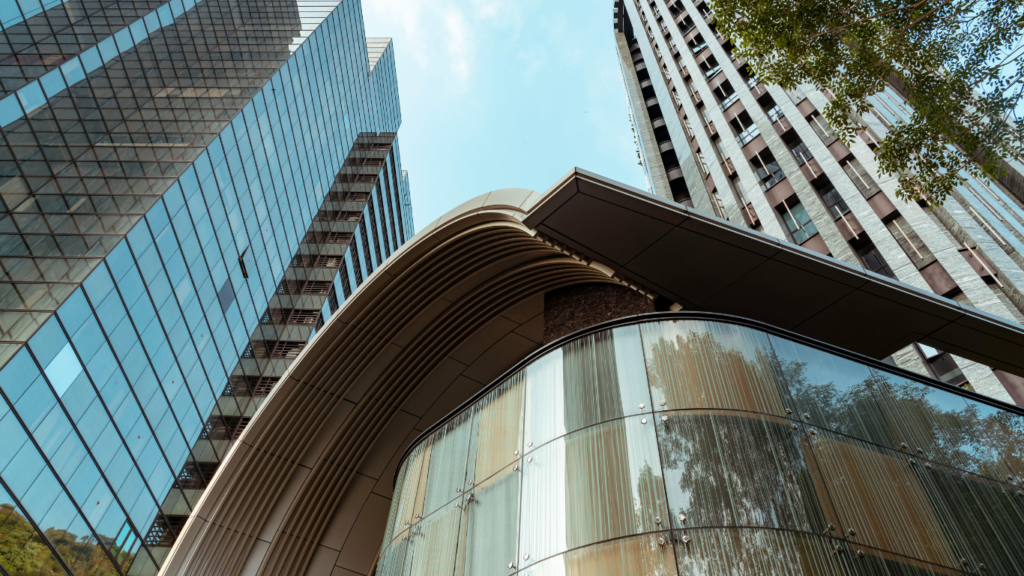
Improved Safety and Compliance
Regular maintenance addresses safety concerns associated with roofing infrastructure. Deterioration can lead to hazardous conditions such as weakened structures, falling debris, and water leaks that compromise safety. Implementing a robust maintenance plan decreases potential liabilities.
Businesses that prioritize safety tend to benefit from enhanced employee morale and productivity. Certain industries require compliance with safety and building codes, which necessitate keeping roofs in good repair. Proactive maintenance safeguards occupants and helps avoid legal complications that can arise from neglected roofs.
Environmental Impact and Energy Efficiency
A well-maintained roof can contribute to a business’s sustainability efforts. Preventive maintenance can enhance a roof’s reflective properties, reducing heat absorption and lessening the cooling load on HVAC systems. Lower utility bills reflect improved energy efficiency, resulting in reduced carbon footprints.
Companies are increasingly focused on environmentally friendly practices, and maintaining roofs contributes positively to these goals. Removing debris and fixing small issues preemptively supports building health while protecting local ecosystems from runoff toxins.
Preventive maintenance for business roofs is important in protecting investments and ensuring environments remain secure and efficient. Adopting a proactive stance encourages longevity, cost-effective solutions, and safety, which benefits all stakeholders involved.
Article received via email


